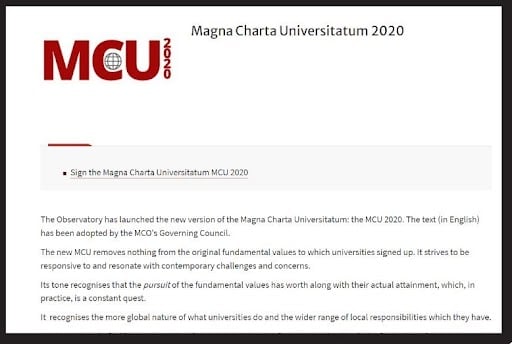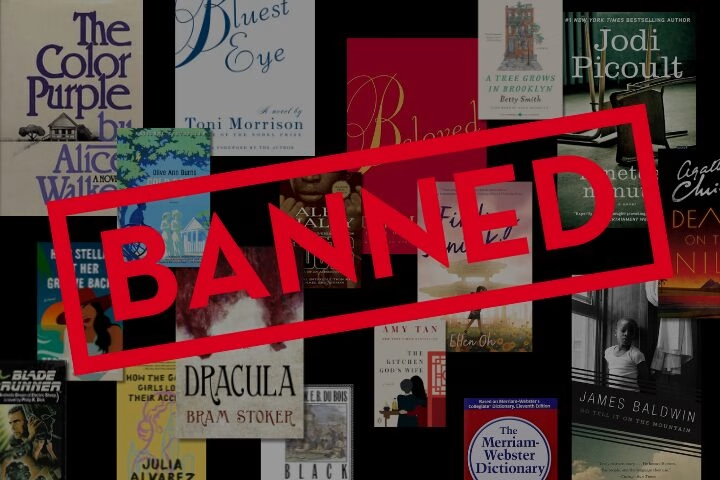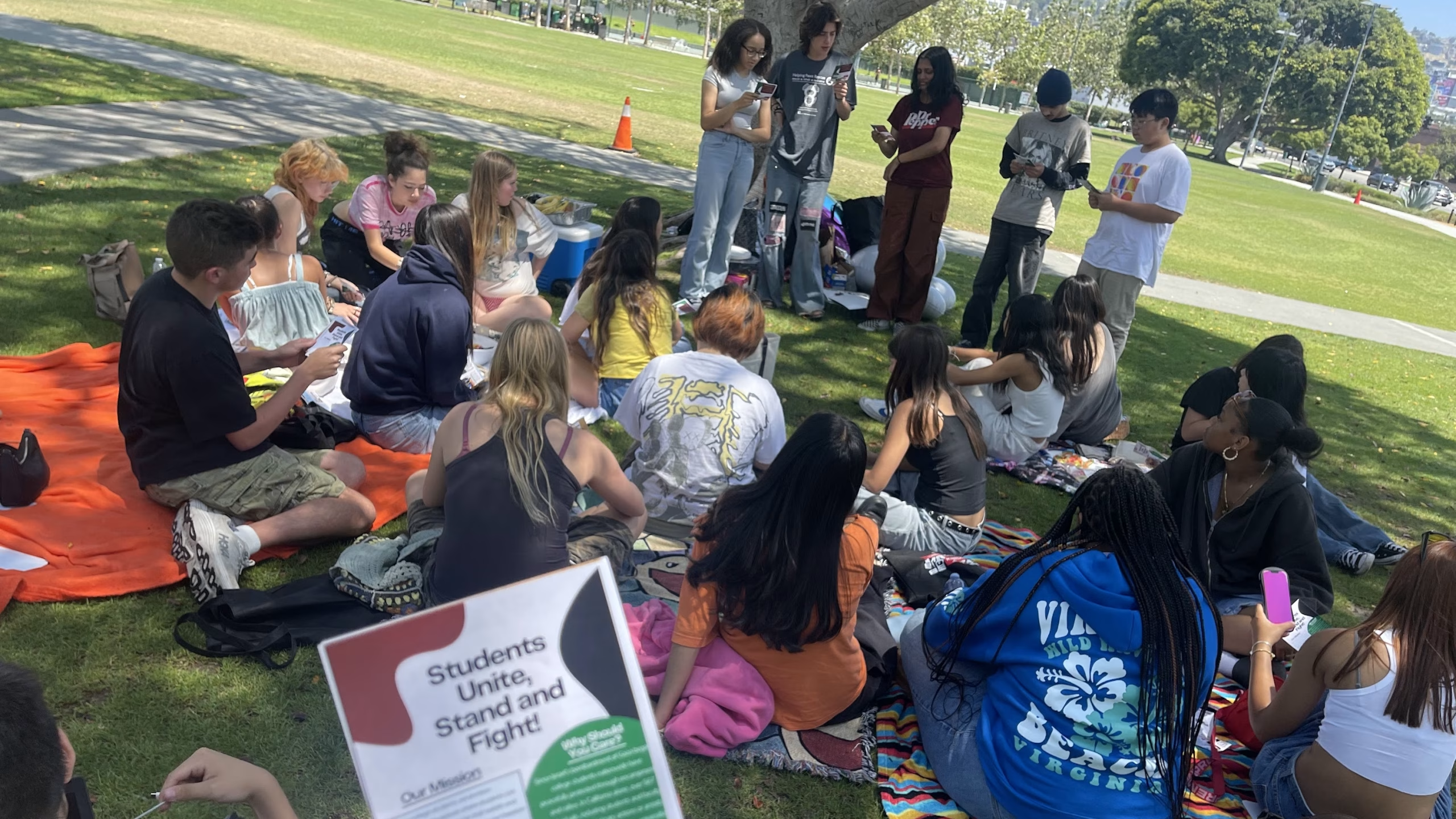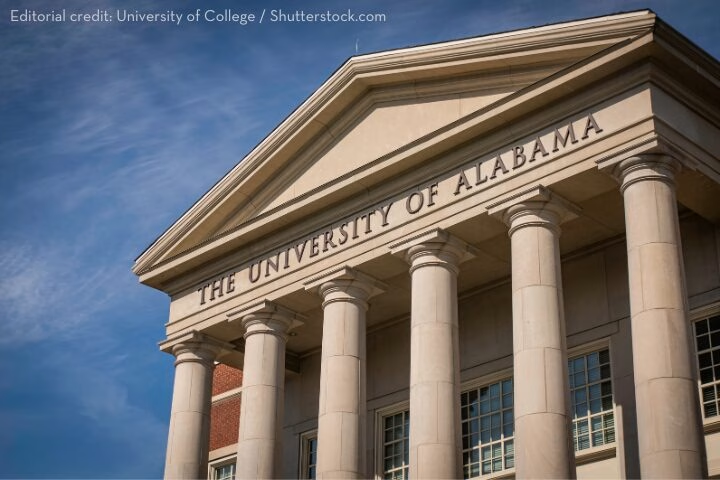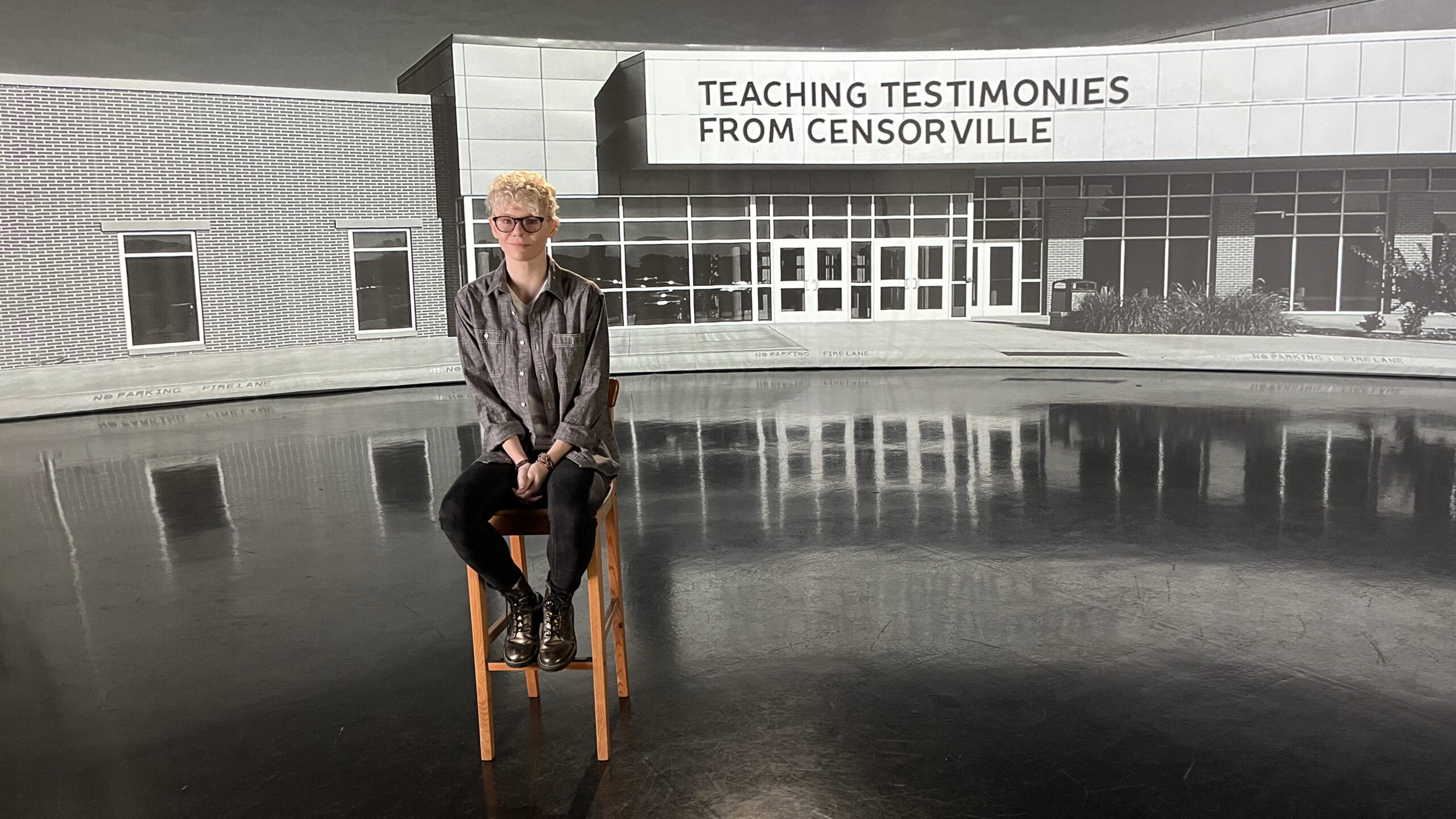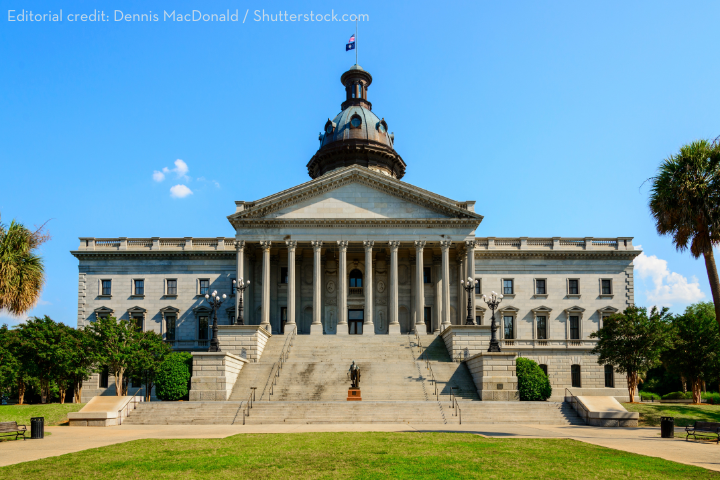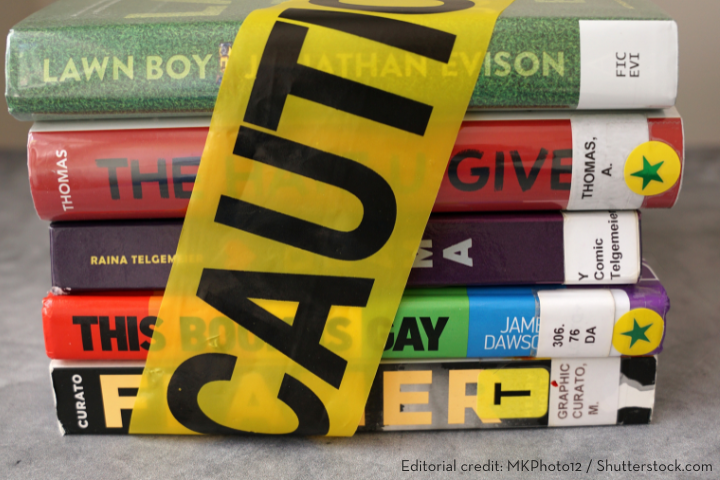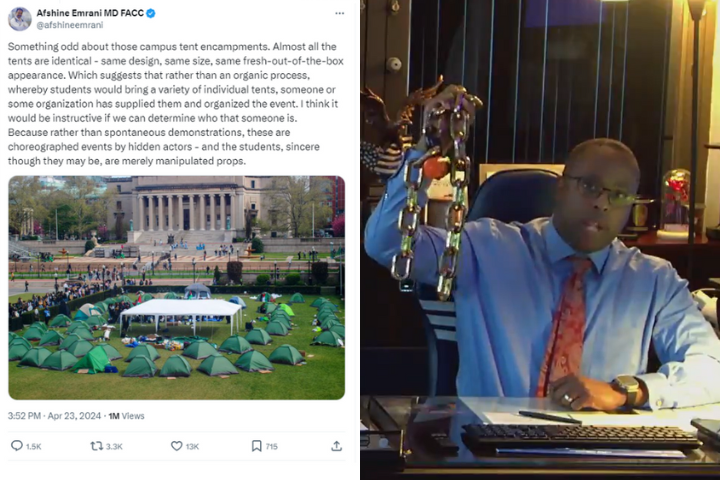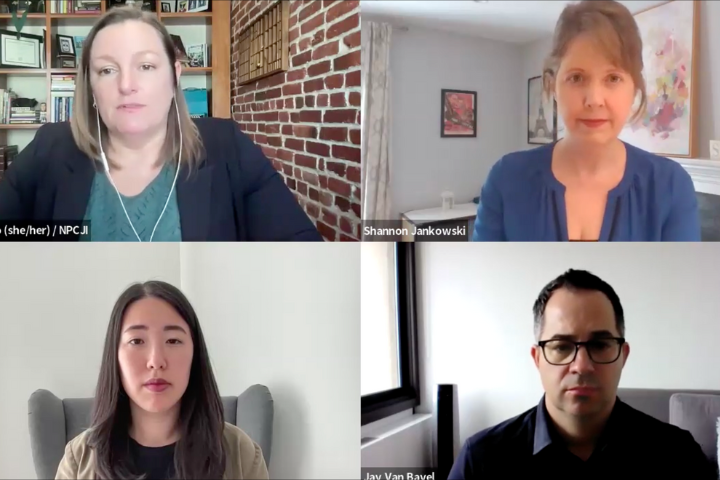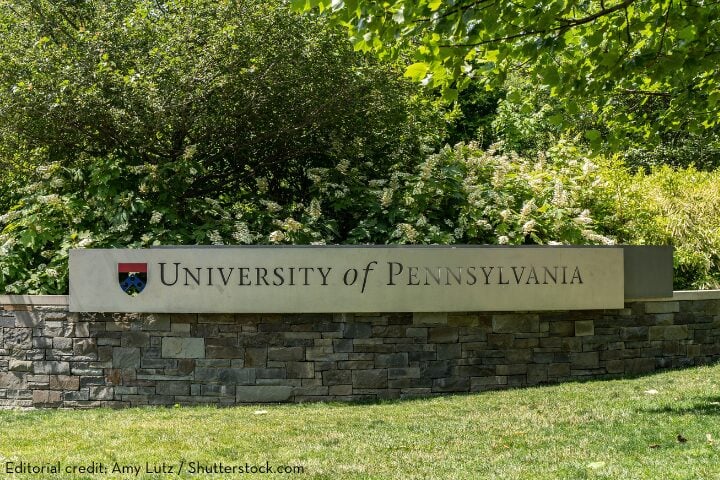
After years of embarrassing the University of Pennsylvania with her extreme and frequently racist views, the school has had enough of Amy Wax – academic freedom be damned.
The oft-reviled law professor has publicly criticized the culture of “inner-city blacks” and has claimed that the United States would be “better off with fewer Asians and less Asian immigration.” Her decision to repeatedly invite noted white supremacist Jared Taylor to guest lecture in her class has prompted protest from students and faculty alike, and she allegedly told a Black student that she was only able to become a double Ivy “because of affirmative action.”
Her reputation has caught up with her. After two years of investigation, deliberation, and appeals, the University of Pennsylvania decided last month to sanction Wax for what it says is unprofessional and discriminatory conduct, following the recommendations made by a faculty board earlier this year. While Wax will not lose her tenure, she will be suspended at half pay while she is removed from teaching during the 2025-26 school year. She will also lose summer pay in perpetuity and her named chair, and must preface any public remarks with a disclaimer that she is not speaking for the university.
The University has been widely criticized for abandoning academic freedom in this case. It’s for good reason; although the University has framed this solely as an investigation of her “conduct,” many of the allegations center on comments that would typically fall within the bounds of free speech or academic freedom. The line between the two can be blurry, and the University has not offered much clarity on this point, or even much acknowledged this complexity.
This question has in fact dogged this investigation from the outset. When Ted Ruger, then-Dean of the University of Pennsylvania Law School, removed Wax from teaching mandatory first year law courses in 2018, he was emphatic that it was not a sanction, and that she was protected by the universities’ policies on free speech and open expression. Nonetheless, in June 2022, Ruger sent a letter requesting a hearing from the University’s Faculty Senate to impose sanctions against her. Though the 2022 letter certainly included more allegations, the inclusion of such a broad range of her comments seemed to signal a change in Ruger’s approach.
Many of the allegations in Ruger’s 2022 letter could indeed be worth investigating – her conduct towards specific students, particularly Black students, for example, may well have contributed to a “hostile environment” to which the university had an obligation to respond.
But the letter also included in its evidence a range of allegations about remarks made by Wax in the classroom, and her choice to invite Jared Taylor as a guest speaker, which would typically be understood as at her discretion under the principle of academic freedom. The letter also included comments made by Wax publicly in op-eds or on Fox News, contexts where professors are meant to have wide latitude to air their opinions.
It’s easy to understand why many in the University community campaigned to have Wax disciplined for all of her offensive statements and actions. But there is no way to square the breadth of the resulting investigation nor its outcome with principles of academic freedom and free speech. Investigating and even sanctioning Wax for specific instances of discriminatory and harassing conduct, paying careful attention to where her commentary crossed the line and where it was protected expression, could have been justified. But citing her offensive statements, teaching methods, and public commentary all together as a basis to sanction her, without considering her academic freedom, cannot.
Of necessity, academic freedom must protect extreme, unconventional, and even noxious views, in order to provide the best safeguard against censorship of all. A private university is not legally bound to uphold these protections; but most, including the University of Pennsylvania, espouse a commitment to academic freedom and free speech as vital to their operation as knowledge institutions.
In deciding to sanction Wax for “making discriminatory and disparaging statements” both “in and out of the classroom and in public,” without addressing these complexities, the University has appeared to pay these protections little regard. And as a result, even if some aspects of the investigation had merit, a shadow of doubt has been cast on the entire investigation and raised questions about whether Wax has really been punished for her politics, by proxy.
Regardless of the strong desire to sanction Amy Wax, the process was flawed: simply stating that the investigation does not involve free speech concerns does not make it so. At a time when many professors have been under fire for all kinds of speech, this failure to distinguish clearly between her protected speech and her punishable conduct risks weakening the defense of academic freedom everywhere.

